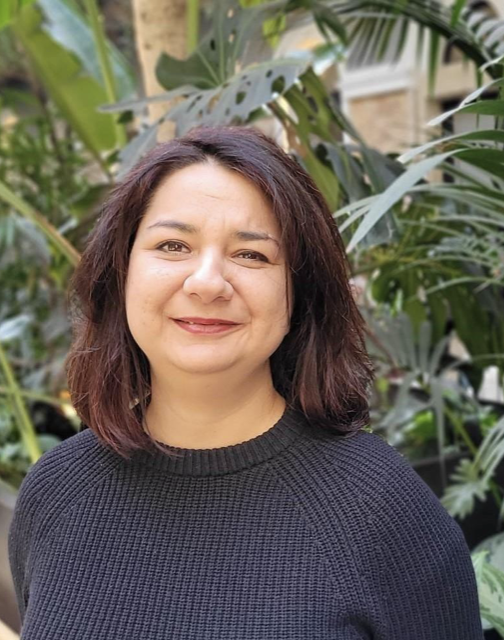Súbory cookie
Cookie súbory používame na našej webstránke kvôli správnemu fungovaniu našej stránky, prispôsobeniu analytiky a obsahu návštevníkovi stránky. Viac informácií o cookie
Tieto technické cookies súbory sú nevyhnutné pre správne fungovanie našej webstránky,
a preto je ich možné využívať aj bez predchádzajúceho súhlasu návštevníka našej webstránky. Z tohto dôvodu nie je možné tieto súbory v našich systémoch vypnúť, pokiaľ využívate službu našej webstránky, sme oprávnení spracúvať údaje v nevyhnutnom rozsahu aj bez súhlasu na účely prevádzky siete, služby alebo siete a služby.
Viac informácií o cookie
Viac informácií o cookie
Nevyhnutne potrebné
Pomocou týchto cookies zabezpečujeme funkčnosť a prispôsobenie obsahu našej webstránky,
pričom ich nastavujeme my alebo naši externí poskytovatelia. Pokiaľ k týmto službám nedáte
súhlas zakliknutím tlačidla „Súvisiace s funkčnosťou“, nebudeme ich spracúvať, avšak
niektoré tieto funkcie nemusia fungovať správne.
Viac informácií o cookie
Viac informácií o cookie
Súvisiace s prevádzkou
Pomocou týchto cookies získavame údaje o návštevnosti našej webovej stránky a informácie
ktoré najčastejšie vyhľadávate a ako sa pohybujete, aby bolo možné zabezpečiť jednoduchšie
používanie a lepší nákupný zážitok. Pokiaľ k týmto službám nedáte súhlas zakliknutím
tlačidla „Súvisiace s analytikou“, nebudeme ich spracúvať, avšak návštevníkovi nevieme
zaručiť ten najlepší nákupný zážitok.
Viac informácií o cookie
Viac informácií o cookie
Súvisiace s analytikou
Pomocou týchto cookies sa na webovej stránke môže zobrazovať reklama podľa Vašich
predchádzajúcich nákupných alebo vyhľadávacích preferencíí. Pokiaľ k týmto službám nedáte
súhlas zakliknutím tlačidla „Súvisiace s marketingom“, nebudeme ich spracúvať, avšak
návštevníkovi nevieme zabezpečiť zobrazovanie reklám podľa jeho predchádzajúcich
nákupných alebo vyhľadávacích preferencií.
Viac informácií o cookie
Viac informácií o cookie
Súvisiace s marketingom
Political Systems
ONLINE - FREE, Organisation Romaversitas


